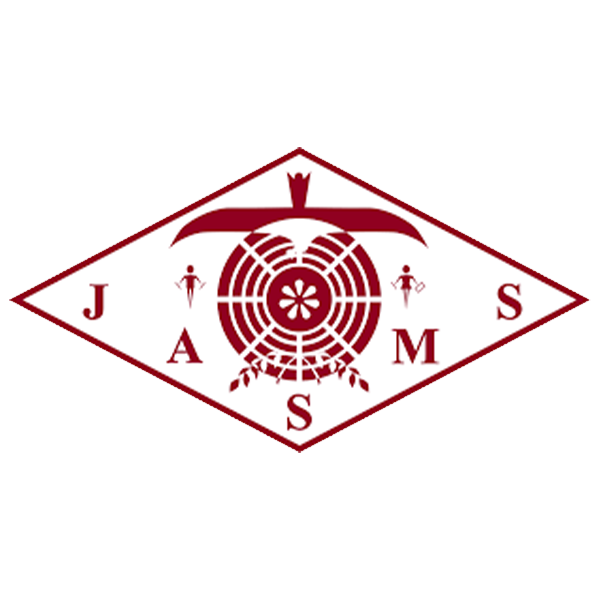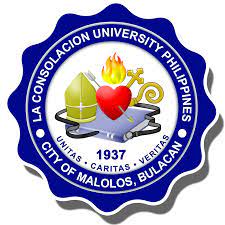
- Home
- Frequently Asked Questions
VISION - MISSION
What is PAASCU's vision-mission statement?
Vision
PAASCU is the leading independent professional association in the Philippines and beyond, fostering quality education through voluntary accreditation. It is a leading advocate for quality assurance in ASEAN.
Mission
PAASCU is a private, non-profit, and non-stock corporation that serves its member institutions and advocates quality education through voluntary accreditation. It is committed to the following:
- Promote member institutions’ implementation of their vision, mission, and goals, achievement of minimum standards and evidenced excellence based on learning outcomes, and responsiveness to stakeholders.
- Use a developmental approach to support, empower, and sustain its member institutions’ continuous improvement and innovation initiatives through self-assessment and site visits of member schools, training, research, consultancy services, and collaborative undertakings with local and international partners.
- Serve the national and global communities through its pursuit of a culture of excellence in education.
Frequently asked questions
Accreditation
PAASCU was founded in 1957, as the oldest accrediting agency in the country. It accredits programs from Basic Education to Higher Education and is the only agency that accredits medical programs and is given by the World Federation of Medical Education a recognition status until April 2033. It is also affiliated with international and regional external quality assurance bodies like the International Network for Quality Assurance Agencies in Higher Education (INQAAHE), the Asia-Pacific Quality Network (APQN), the ASEAN Quality Assurance Network (AQAN), and the Council for Higher Education Accreditation International Quality Group (CIQG) of CHEA.
Quality assurance initiatives should be the primary responsibility of educational institutions. Thus, PAASCU believes that accrediation or quality assurance initiatives should be voluntarily undertaken by the school by instituting an internal quality assurance system (IQA) and also submitting itself to external quality assurance (EQA) through accreditation by an accrediting agency like PAASCU.
Any private educational institution is eligible to apply for PAASCU accreditation. However, newly opened schools or institutions can only apply when they have at least graduated two (2) batches of students from a program or programs they offer. The initial documents submitted by the institution will be reviewed by the respective Commission so that it can guide the institution on further steps to take in seeking affiliation.
Accreditation reflects the quality by which an educational institution or program conducts its business. It speaks a sense of public trust, as well as professional quality. Therefore, accreditation provides benefits to the various members of the educational community.
- For the student, accreditation provides assurance that the institution or program is characterized by quality education and meets nationally endorsed, established, and accepted standards in the profession.
- For the faculty, accreditation provides a formal process for ongoing evaluation and improvement of program and faculty development outcomes and also a process by which stakeholders can work together in advancing the educational institution’s vision, mission, and core values.
- For the institution, accreditation enables institutions/programs to receive privileges that free them from various government regulations/supervision. It also maintains or adds to the prestige of the institution as an educational leader in the program it offers.
- For the general public, accreditation gives the assurance that the educational institution’s operations and the quality of the programs and services it offers are relevant, reflect high standards of excellence and are offered with integrity.
Specialized or Programmatic Accreditation focuses on accrediting individual academic programs, departments, institutes or schools that are parts of an institution. The accredited status of one department or specific program/course does not extend to tother programs within the same department or departments in the institution.
On the other hand, Institutional Accreditation refers to the accreditation of the school, college or institution as a whole. This type of accreditation is comprehensive, indicates that the institution has achieved quality standards in all areas, and is held in high regard in the world of education.
Accreditation Process and Levels
The accreditation process begins as soon as the institution applies for PAASCU accreditation. The length of the process will depend on the school’s or institution’s capacity/capability to prepare itself for accreditation. The institutional self-evaluation, preparation of required documents, among others, may take from six (6) months to one (1) to two (2) years, depending on how fast the institution can prepare itself for the Preliminary Visit.
An institution or program seeking accreditation status form PAASCU must complete six (6) major steps in the accreditation process. These steps are as follows:
- The Institutional Self-Survey
- The Consultancy Visit
- The Preliminary Visit
- The Formal Survey Visit
- Initial Accreditation Status Granted
- Full Accreditation Status Granted
The deferment of accreditation holds true only for institutions/programs which have re-accredited status. When an institution/program’s re-accreditation is deferred, it implies that the institution/program has failed to fully comply with accreditation standards. The institution should work on its deficiencies and strive to regain its accredited status within a period of one year. Otherwise, its accredited status will expire.
Yes, institutions that desire to appeal the Board’s decision on their accreditation status can write a letter of appeal to the PAASCU President requesting a review of the PAASCU Board’s decision. A committee is created to review the decision and the committee will report its findings to the Board for action.
After an accreditation visit, the Survey Team Chairperson prepares a report of the visit and submits this report together with the Team’s Area Reports to the PAASCU Secretariat. A Commission meeting is then convened by the Executive Director where the report is reviewed before the presentation for Board Action. The final accreditation decision is made by the PAASCU Board of Trustees.
For purposes of progressive deregulation and the grant of other benefits, CHED Order No. 1, s. 2005 classifies educational programs into:
Candidate Status – for programs that have undergone a Preliminary Survey Visit and are certified by the Federation/Network as being capable of acquiring accredited status within two (2) years
Level I Accredited Status – for programs that have been granted initial accreditation after a Formal Survey by the accrediting agency and duly certified by the Federation/Network effective for a period of three (3) years.
Level II Re-accredited Status – for programs that have been re-accredited by the accrediting agency and duly certified by the Federation/Network effective for a period of three (3) or five (5) years based on the appraisal of the accrediting agency.
Level III Re-Accredited Status – for programs that have been re-accredited and have met the additional criteria/guidelines set by the Federation/Network for this level.
Level IV Accredited Status – accredited programs that are highly respected as very high-quality academic programs in the Philippines and with prestige and authority comparable to similar programs in excellent foreign universities.
Membership Fee and Payment Information
PAASCU charges annual membership fees. Institutions seeking affiliation with PAASCU shall pay a non-refundable application fee. Accreditation visits are also charged with fees.
We accept, cash, cheque, and bank transfer payment. For your payment concerns, please contact (02) 8911-2845 or paascu.acctg@gmail.com.



